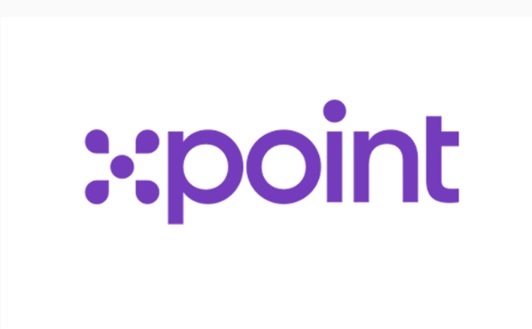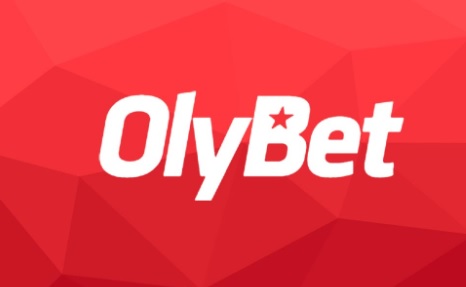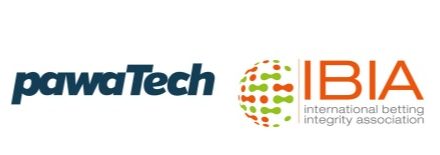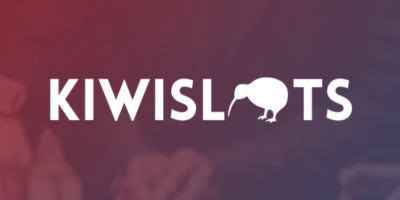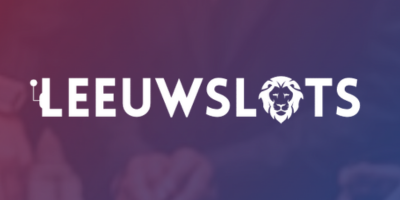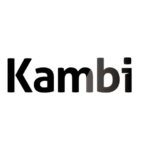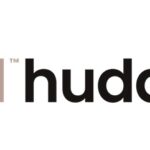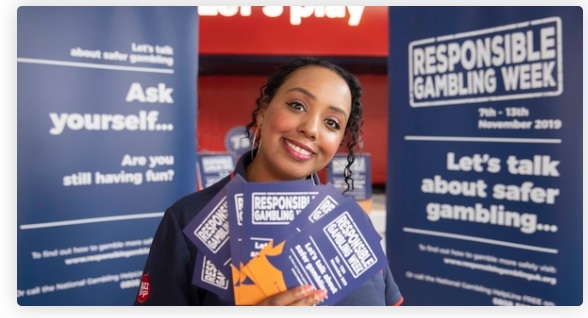
OPERATORS are doing more to promote safer gambling than at any time in the last two decades, John Hagan, chairman of the Industry Group For Responsible Gambling, today (Thursday) told the inaugural EGR UK Summit.
Speaking on the opening day of Responsible Gambling Week, Mr Hagan hailed the commitment of gambling companies to create a safer environment for their customers, but said the campaign had reached a ‘critical stage’ and the challenge was to reach occasional gamblers who did not think responsible gambling messages applied to them. He highlighted YouGov research, commissioned by the IGRG, which showed many adults who played the lottery, bought scratch cards or enjoyed betting on sport did not think they were gambling.
The EGR UK Summit, held at Twickenham Stadium in association with Responsible Gambling Week, brought together operators, affiliates, suppliers and regulators to discuss safer gambling strategies across the industry.
Introducing an industry panel to review responsible gambling initiatives over the last 12 months, Mr Hagan said: “Responsible gambling is a shared responsibility and it’s incumbent on operators to provide a safer environment for its customers without fear of cutting across its commercial goals. A fairer and safety gambling environment is critical to the future of the industry”.
But having worked in the industry for the last two decades as a lawyer, he said he had witnessed a transformation in operators’ approach to responsible gambling in recent years. Despite the cynicism of the industry’s critics, a raft of player protection initiatives announced in the last 12 months showed operators were serious about enhancing player protection.
Lyndsay Wright, director of sustainability at William Hill, said there was increasing pressure from investors to justify their actions and they were asking: “How do we know you are doing the right thing?” but she rejected the idea of voluntary online stake limits as a catch-all solution. She said William Hill had launched a new advertising and social media campaign focused on portraying gambling “in the way we know it should be” as a community-based, recreational activity and Responsible Gambling Week had given the company a focus for its safer gambling campaign.
Ben Wright, head of safer gambling at Sky Betting and Gambling, told the conference that winning customers’ trust was paramount and safer gambling must become integral to every company’s culture. He said Sky Betting’s profit and loss tool was one of the most successful it had launched to customers, part of the process of “normalizing” safer gambling.
Wes Himes, interim chief executive of The Betting and Gaming Council, pointed to the success of the pre-watershed whistle-to-whistle advertising ban as a sign that the industry was taking safer gambling seriously. Preliminary figures showed there was less than an hour of gambling-related advertising around live TV sport in September 2019, compared to 6.6 hours in September 2018. Meanwhile, amongst 4-17-year-olds there had been a 97% drop in the amount of exposure to gambling advertising.
Tim Miller, executive director of The Gambling Commission, said in his conference keynote address:
“Every year, Responsible Gambling Week develops further and gets better. It has moved from being an initiative led by one sector to something that is much more collaborative, much more cross-industry. That is not easy to do. John Hagan and his colleagues have done an amazing job to bring so many operators and sectors together”.
He said the campaign had to consider where to go next and operators should ask themselves two questions: Are the right people in our business engaged in Responsible Gambling Week, not just those with a social responsibility remit? How can we ensure the campaign reaches a wider audience?
But he echoed Mr Hagan’s view that there had been a “sea-change in operators’ approach to responsible gambling, hailing the commitment by large operators to support education, research and treatment as “an important step forward”. He said the Gambling Commission’s primary areas of focus in the coming months would be on developing common standards around game and app design; developing a code of conduct around inducements to gamble; and embracing technology to promote social responsibility.
Responsible Gambling Week (November 7th-13th) is the biggest ever campaign in the UK and Ireland to promote safer gambling. The objective is to get people talking about how to gamble responsibly, without putting themselves and others at risk, and to provide year-round advice and help at www.responsiblegamblinguk.org. More than 120,000 staff at thousands of gambling venues and online sites are taking part in the campaign, which is supported by leading football clubs, racecourses, pubs and charities and voluntary organizations.








